A WRITER'S WIT |
My Book World
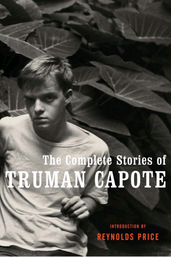
Sad to say that Capote published only twenty stories (as this edition seems to indicate) in his lifetime. The “weakest” stories, if there are any, seem to be his early ones when he is barely twenty and the two written during the last decade of his life. The ones in the middle are for the most part knock-outs. Especially, I’m a sucker for his “orphan” stories: “A Christmas Memory,” “The Thanksgiving Visitor,” and “One Christmas.” In all three he develops the character Sook, an old woman, “a cousin,” who cares for the boy narrating the stories. Apparently based on one of the relatives Capote lived with as a child when his parents abandoned him for a time, Sook can tear your heart out with her generosity and illiterate wisdom.
NEXT FRI: My Book World | Catherine Raven's Fox and I


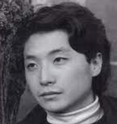
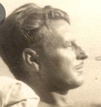
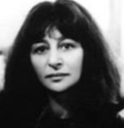



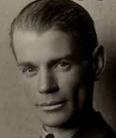
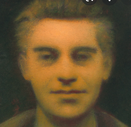



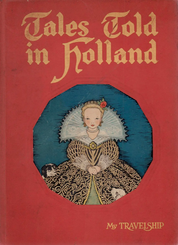
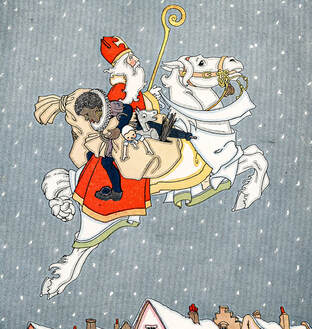
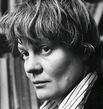
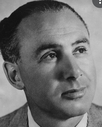



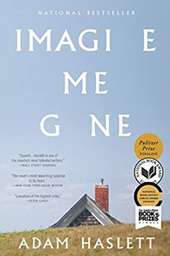





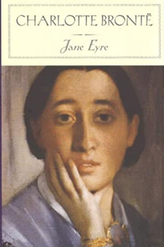
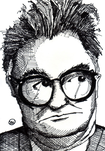

 RSS Feed
RSS Feed